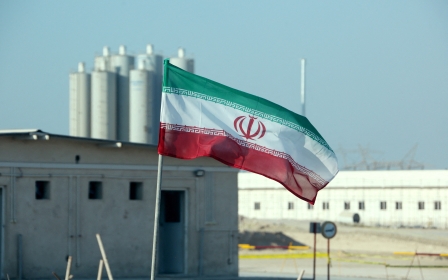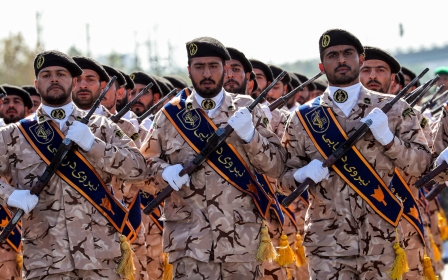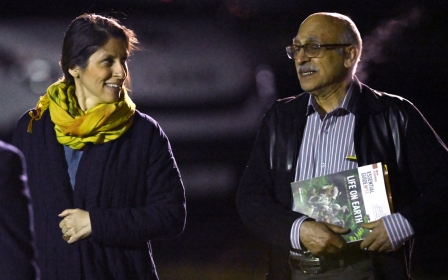Israel urges US not to drop Iran's Revolutionary Guard from terror blacklist
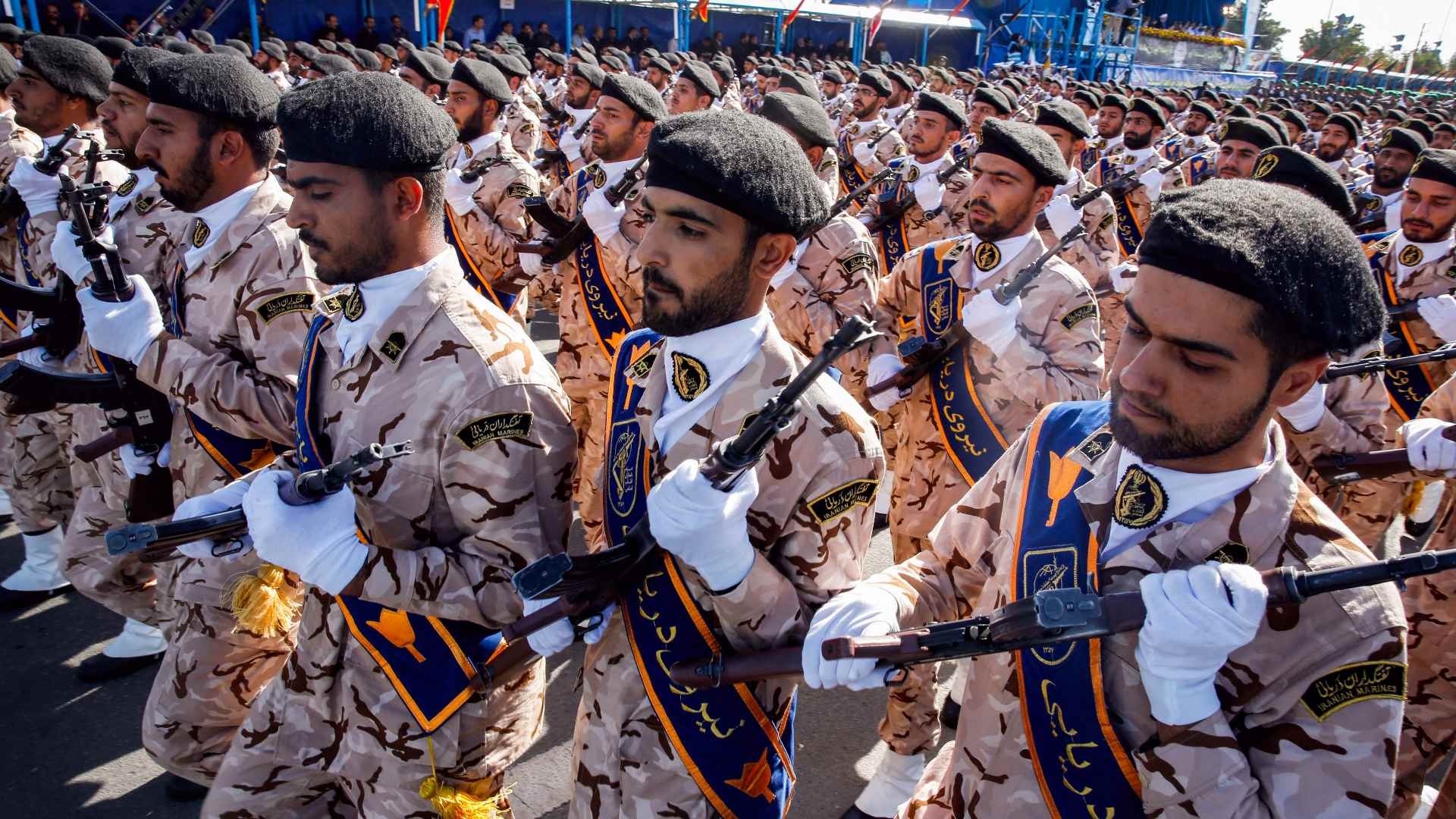
Israeli Prime Minister Naftali Bennett and Foreign Minister Yair Lapid on Friday urged the United States not to delist Iran's Islamic Revolutionary Guard Corps (IRGC) as a terror group, as Washington and Tehran inch closer to reviving a nuclear agreement.
"The Revolutionary Guards are a terrorist organisation that has murdered thousands of people, including Americans," the two ministers said in a joint statement on Friday.
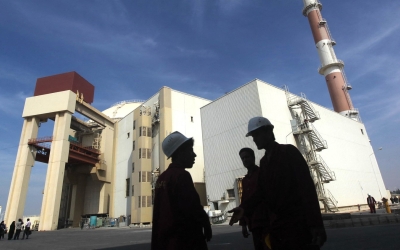
New MEE newsletter: Jerusalem Dispatch
Sign up to get the latest insights and analysis on Israel-Palestine, alongside Turkey Unpacked and other MEE newsletters
"We find it hard to believe that the definition of the Revolutionary Guards as a terrorist organisation will be abolished in exchange for a 'promise not to harm the Americans'," the statement concluded.
Earlier this week, Axios reported that US President Joe Biden's administration was considering the move in exchange for a commitment by Iran to de-escalate in the Middle East.
The IRGC is a powerful faction in Iran, one which controls a business empire as well as elite armed and intelligence forces, and which Washington accuses of carrying out global terror campaigns.
In 2019 it was blacklisted by then-president Donald Trump, who accused the group of promoting terrorism "as a tool of statecraft". The contentious decision marked the first time Washington had ever branded a state military institution as a foreign terrorist organisation (FTO).
In response, Iran's then-president Hassan Rouhani signed a bill into law declaring all US forces in the Middle East terrorists and calling the US government a sponsor of terrorism.
The lifting of the FTO designation is now one of the final and more complex sticking points in the wider nuclear negotiations in Vienna, multiple sources told Haaretz.
Last few issues
The negotiations between Iran and the US are now on their last set of issues, after Russia walked back demands over the nuclear deal, including protecting Moscow's trade with Tehran from sanctions over the invasion of Ukraine, which western powers said were holding the deal hostage.
In a closed briefing with House lawmakers on Thursday, Biden administration officials struck a positive tone, suggesting that the year-long negotiations will pay off, Politico reported - citing three people familiar with the details of the session.
"The deal is close to being done, just waiting on Iran," said a Democratic lawmaker who spoke to Politico on condition of anonymity.
Also on Wednesday, US General Kenneth McKenzie, commander of US Central Command (Centcom), told House lawmakers: "I don’t think [Iran has] made a decision to go forward" with creating a nuclear weapon, because "they want the sanctions relief" that would come with a deal, according to Jewish Insider. "I think the best solution would be to get an agreement where they’re not going to get a nuclear weapon," he said.
The US said on Wednesday that it was "close" to securing a deal that would revive the 2015 nuclear agreement, known officially as the Joint Comprehensive Plan of Action (JCPOA), in which Iran received sanctions relief in return for curbing its nuclear programme.
The handful of issues outstanding include an "economic guarantee" in case a future US administration decides to abandon the deal, according to Iranian Foreign Minister Hossein Amir-Abdollahian.
Middle East Eye delivers independent and unrivalled coverage and analysis of the Middle East, North Africa and beyond. To learn more about republishing this content and the associated fees, please fill out this form. More about MEE can be found here.


